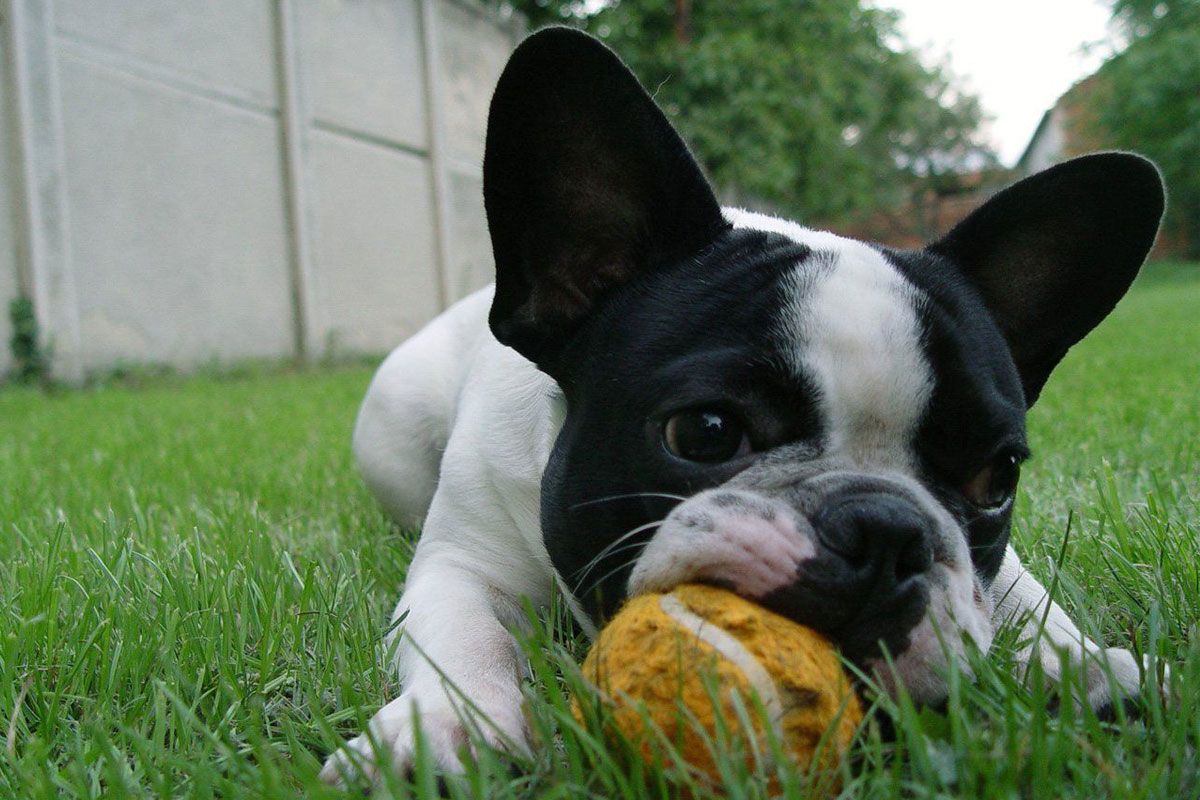Many people mistakenly believe that older dogs are unable to learn new tricks. However, this assumption couldn’t be further from the truth. With patience, dedication, and the proper techniques, it is entirely feasible to train your older dog. In fact, embarking on the journey to train your older dog can be incredibly fulfilling and enriching for both you and your furry companion. Despite the common misconception that older dogs are inherently stubborn, it’s crucial to recognize that every dog, regardless of age, possesses its own distinct personality and capacity for learning.
Understanding Older Dogs
Older dogs may require a bit more effort when it comes to training. Their minds are less malleable than those of younger dogs, making it crucial to approach training with patience and understanding. However, this doesn’t mean that older dogs are incapable of learning—they simply require a different approach and more patience.
Importance of Confidence in Older Dogs
Confidence plays a significant role in the behavior of older dogs. Many older dogs may lack confidence due to past experiences or a lack of socialization during their formative years. Building confidence in older dogs is essential for their overall well-being and can positively impact their behavior and ability to learn new tricks.
The Role of Structure and Advocacy
Structured training and advocacy are vital components of training older dogs. Just like children in school, older dogs benefit from a structured environment that provides clear expectations and boundaries. Advocacy ensures that your older dog feels supported and understood throughout the training process, fostering a sense of trust and security.
Importance of Socialization
Socialization is key for older dogs to develop confidence and adaptability. Exposing them to various environments, people, and other dogs helps build their social skills and reduces anxiety in new situations. While the level of socialization needed may vary depending on the dog’s individual needs, incorporating socialization into their training regimen is crucial for their overall development.
The Need for Individualized Training
Every dog, regardless of age, benefits from individualized training tailored to their unique needs and personality. This approach allows you to address specific behavior issues and build a strong foundation for future learning. By taking the time to understand your older dog’s strengths and weaknesses, you can create a training plan that sets them up for success.
Recognizing Confidence in Dogs
Confident dogs exhibit certain behaviors that indicate their sense of security and trust. A confident dog remains calm and composed in various situations, showing a neutral mindset and a willingness to engage with their environment. Building confidence in your older dog not only improves their behavior but also strengthens the bond between you and your furry companion.
In Summary
The process of training your older dog necessitates patience, consistency, and a profound comprehension of their unique requirements. By placing emphasis on fostering confidence, implementing structured training sessions, and serving as a steadfast advocate for your canine companion, you can effectively unlock their inherent abilities and relish in the gratifying bond that develops over time.
If you find yourself in need of additional guidance or support to train your older dog, don’t hesitate to contact us. Our dedicated team is here to assist you every step of the way, ensuring both you and your loyal companion thrive together harmoniously.




